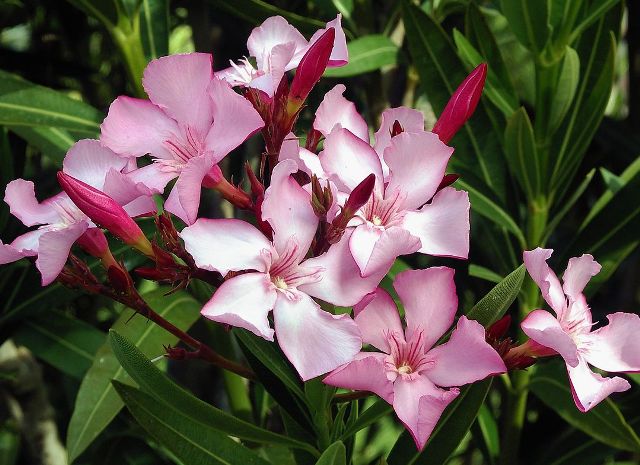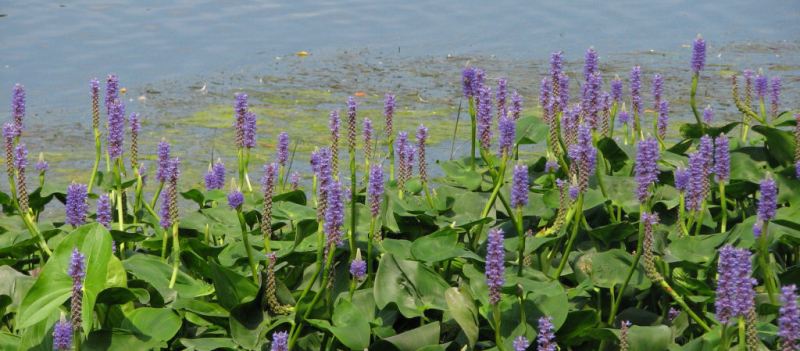The National Environmental Management: Biodiversity Act (No 10 of 2004) regulations, also known as NEMBA, state:
Sale or transfer of listed Alien and Invasive Species (AIS):
- “The seller of any immovable property must, prior to the conclusion of the relevant sale agreement, notify the purchaser of that property in writing of the presence of listed invasive species on that property.”
- “If a permit-holder sells a specimen of an alien or listed invasive species, or sells the property on which a specimen of an alien or listed invasive species is under the permit-holder’s control, the new owner of such specimen or such property must apply for a permit in terms of Chapter 7 of the Act.”
NEMBA also cites all AIS as being Notifiable; therefore they are a Liability to landowners:
“A person who is the owner of land on which a listed invasive species occurs must:
- notify any relevant competent authority in writing of a listed invasive species occurring on that land;
- take steps to control or eradicate the listed invasive species and to prevent it from spreading;
- take all the required steps to minimise harm to biodiversity”.
Why should property owners, including Buyers and Sellers of Property, be NEMBA compliant?
It is the Law. All South Africans, including all landowners, have a “Duty of Care” to the environment and so should adhere to NEMBA and its Regulations. South Africa’s wealth of biodiversity needs to be preserved for future generations.
Section 24 of the South African Constitution says this about the “Environment”:
“Everyone has the right:
- to an environment that is not harmful to their health or well-being; and
-
to have the environment protected, for the benefit of present and future generations, through reasonable legislative and other measures that:
- prevent pollution and ecological degradation;
- promote conservation; and
- secures ecologically sustainable development and use of natural resources, while promoting justifiable economic and social development.”

What are the consequences for Non-Compliance with NEMBA?
NEMBA clearly states:
- “Should an alien species establish itself in nature as an invasive species because of the actions of a specific person, a competent authority may hold that person liable for any costs incurred in the control and eradication of that species.”
-
“Any person who contravenes or fails to comply with a provision of these regulations is guilty of an offence and is liable, on conviction, to:
- a fine not exceeding five million rand, and in the case of a second or subsequent conviction, to a fine not exceeding R10 million; or
- imprisonment for a period not exceeding 10 years; or
- to both such fine and imprisonment.”
A Buyer of property could also potentially initiate a lawsuit against a Seller for not declaring, before the sale of a property is finalised, the presence of any listed Invasive Species on that same property.
How to become NEMBA compliant
Notification of invasive species, including for sellers of immovable property, can only be done through a certified consultant / agent who is competent to identify listed AIS, and who is registered with the Department of Environmental Affairs (DEA).
The registered consultant / agent will conduct a survey of the property, and submit a written “Declaration of Invasive Species” to purchasers of immovable property and to the DEA Biosecurity Unit (the Competent Authority). Registered consultants / agents can also obtain permits for any Category 2 species for property owners.
All Conveyancers and Estate Agents should be fully informed of all aspects of the NEMBA legislation, and the implications of not declaring invasive species, to aid their clients. Buyers should ask Sellers for a formal written “Declaration of Invasive Species”, if Sellers do not offer this voluntarily.
Future legislation amendments will ensure this “Declaration of Invasive Species” becomes a legal requirement when submitting OTP documents to the Deeds Office. Transfer will then not take place until the Declaration is made.

Cover Image: Pennisetum setaceum - Fountain Grass [Cat 1b]